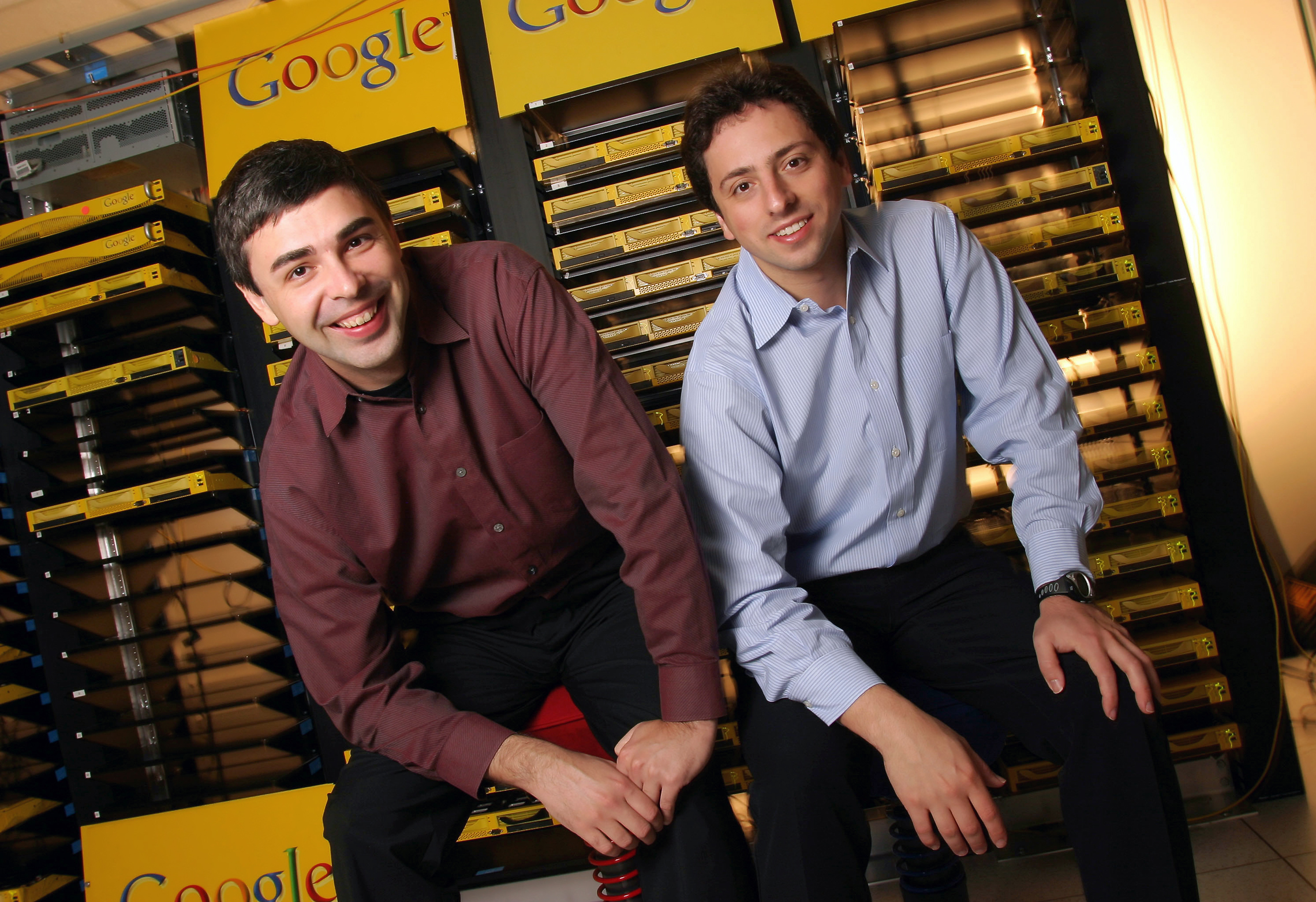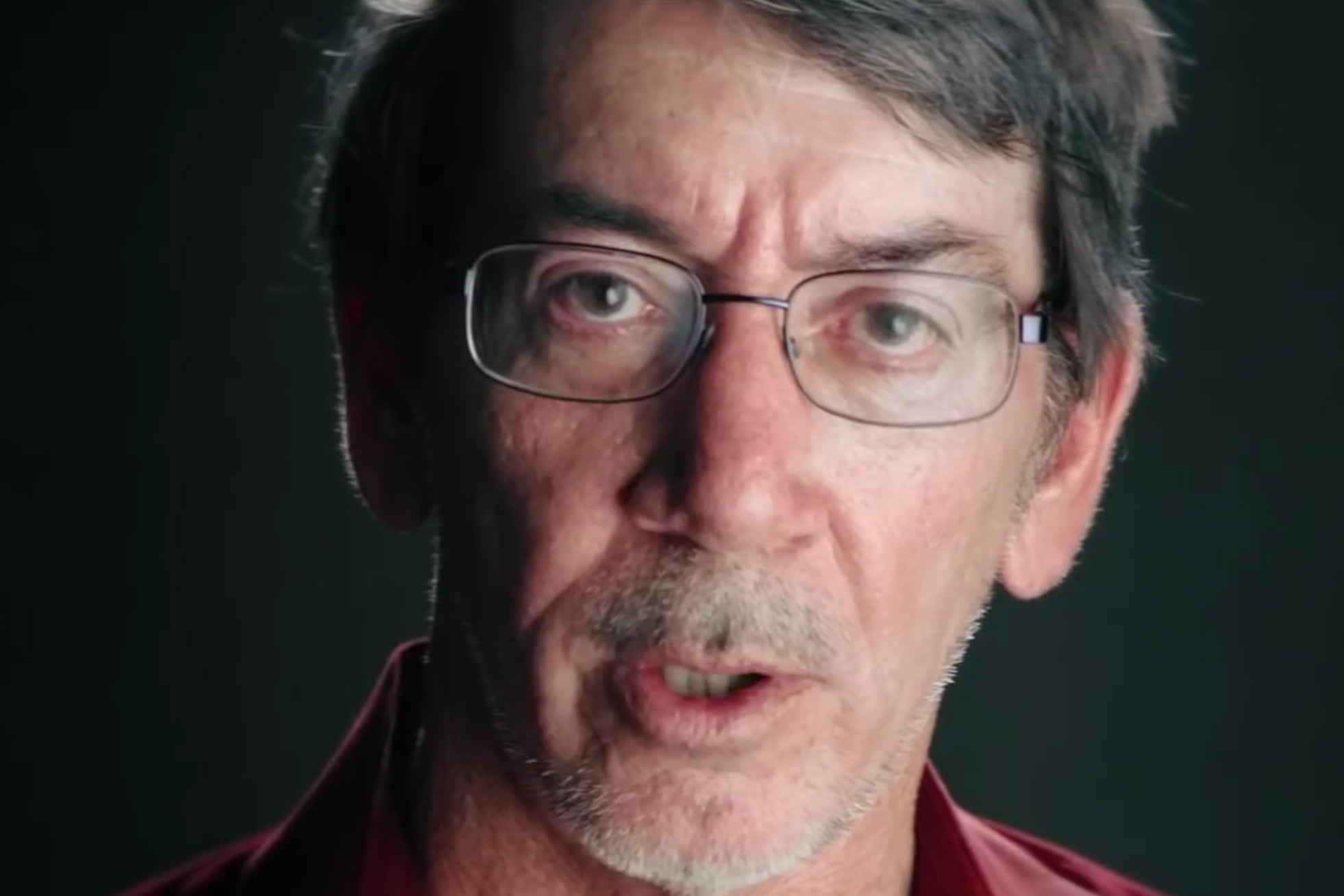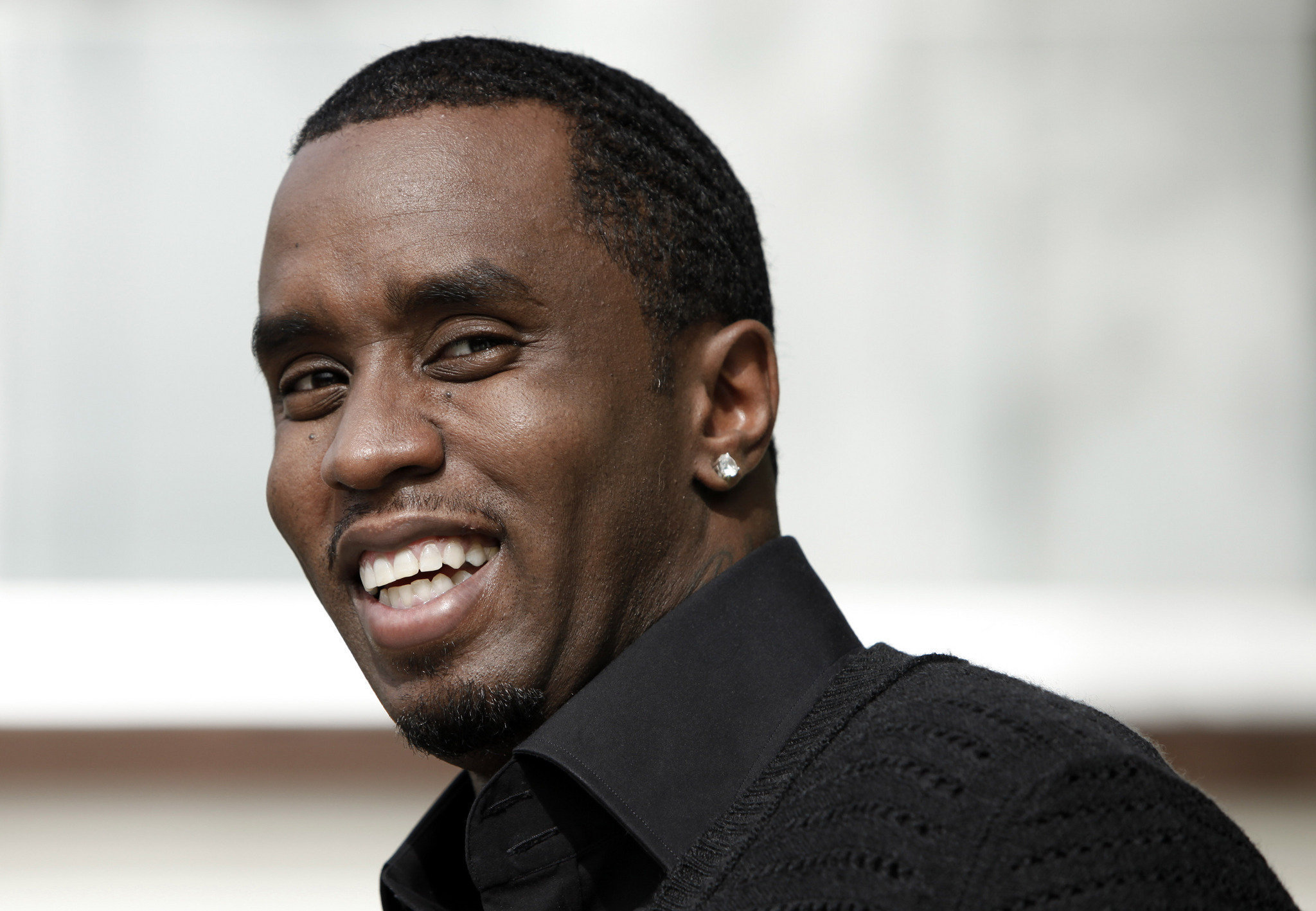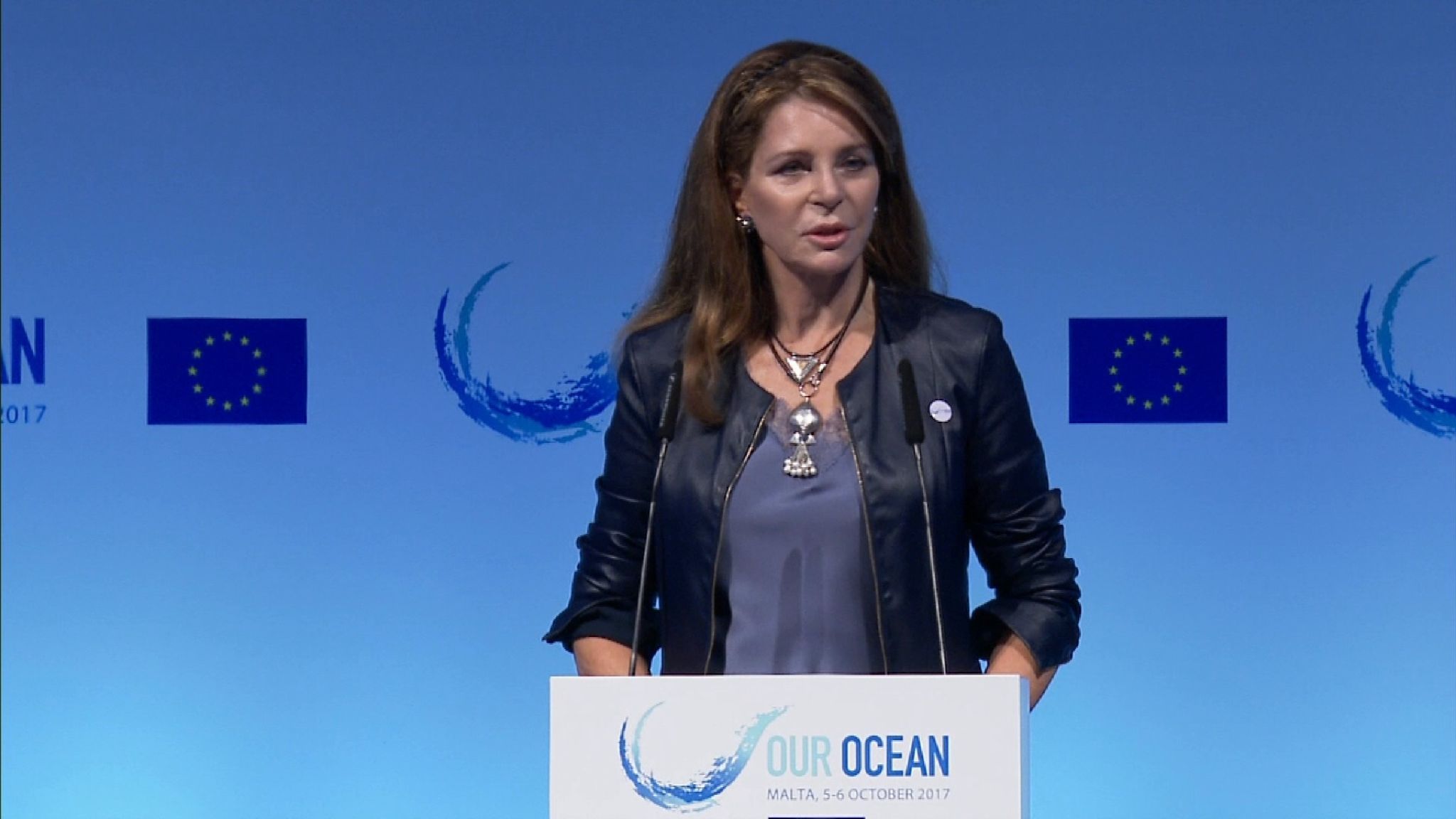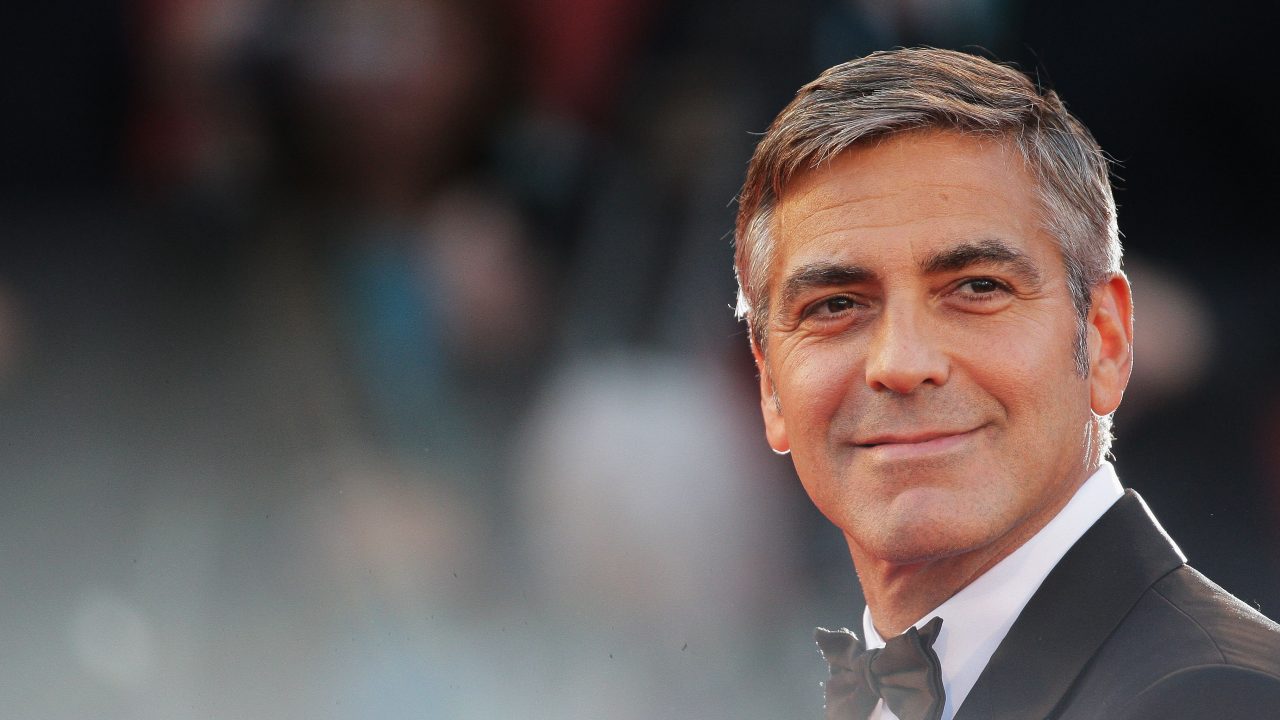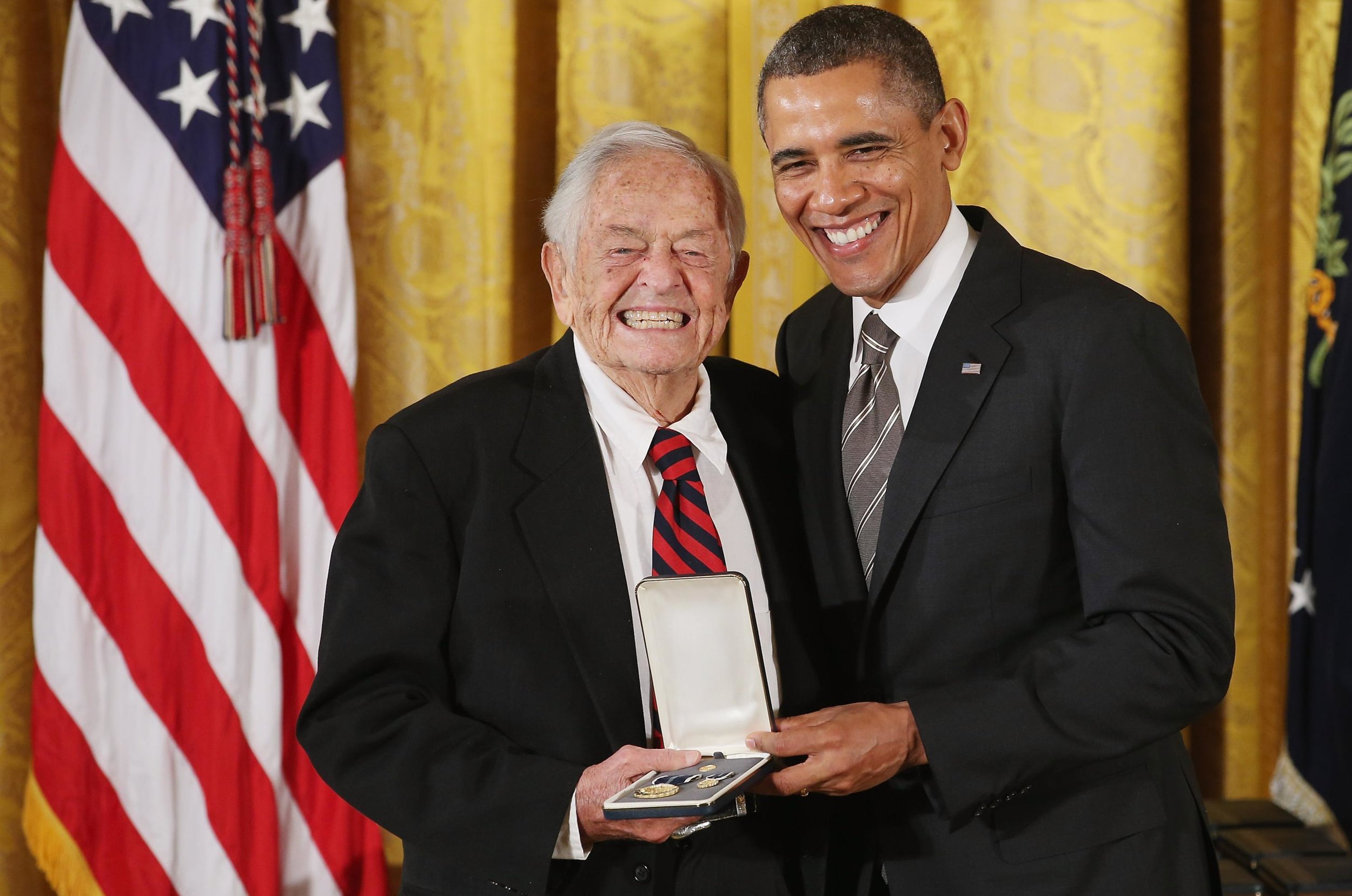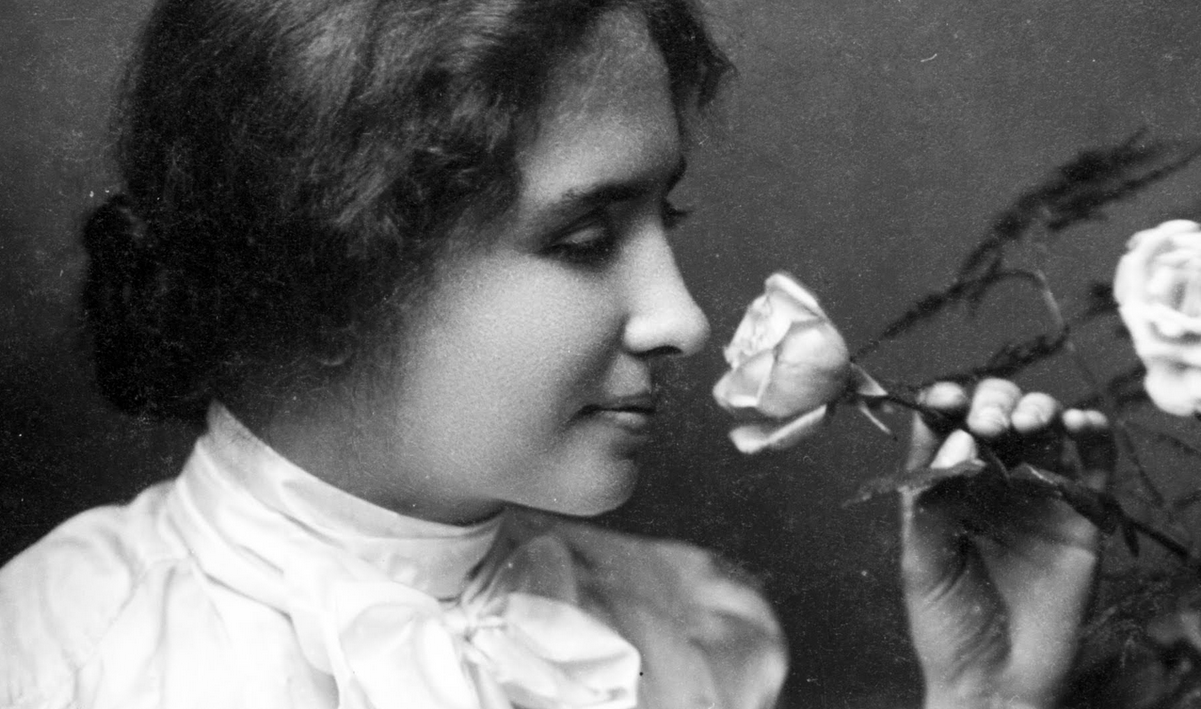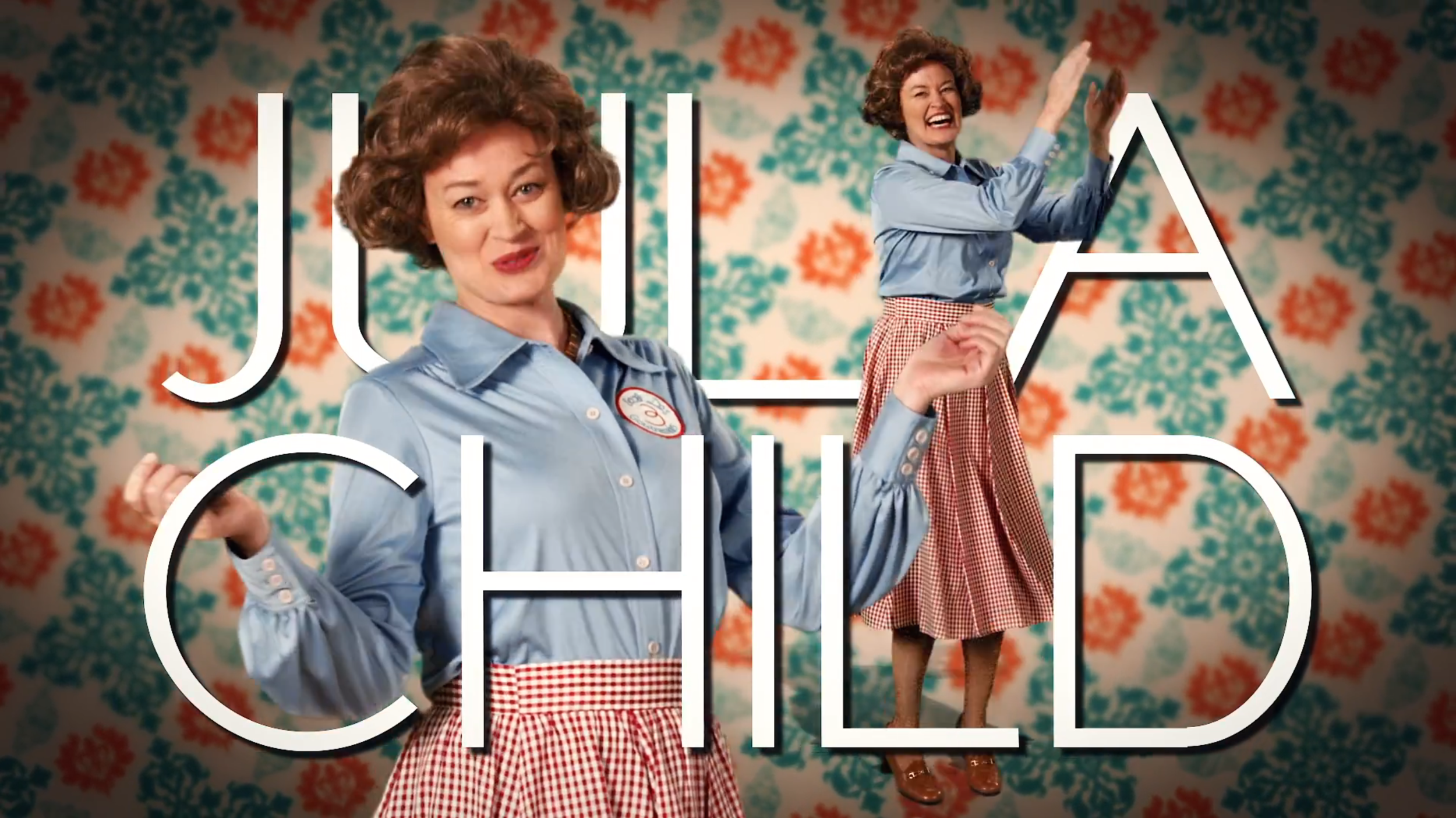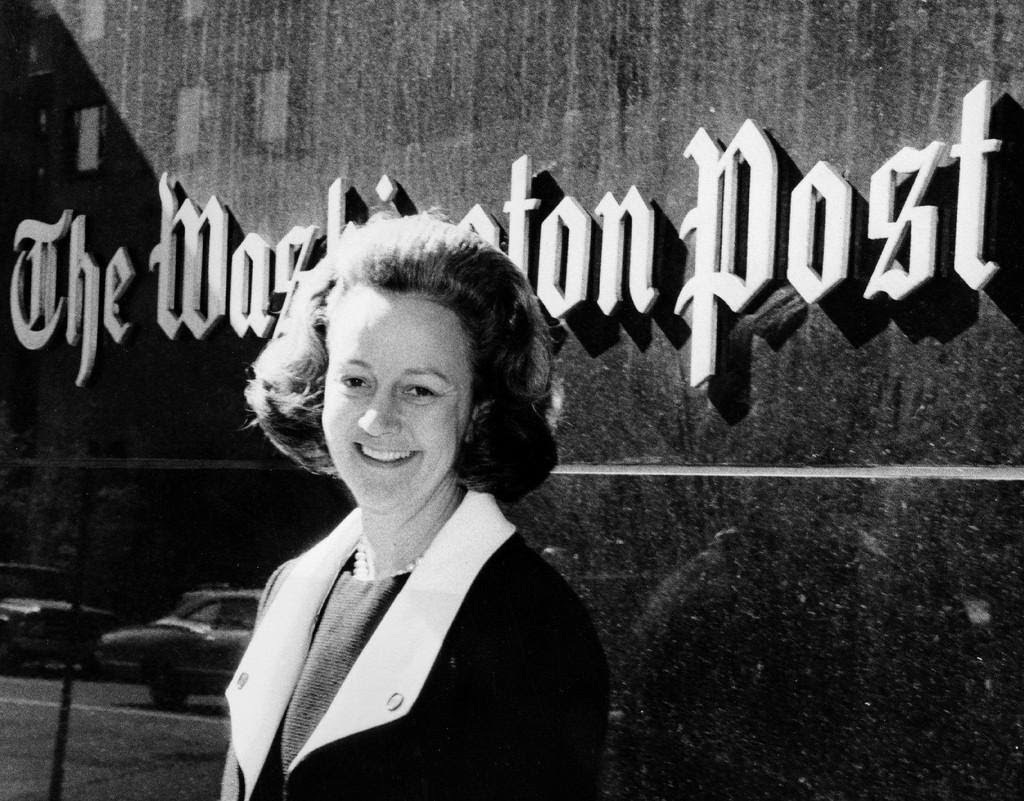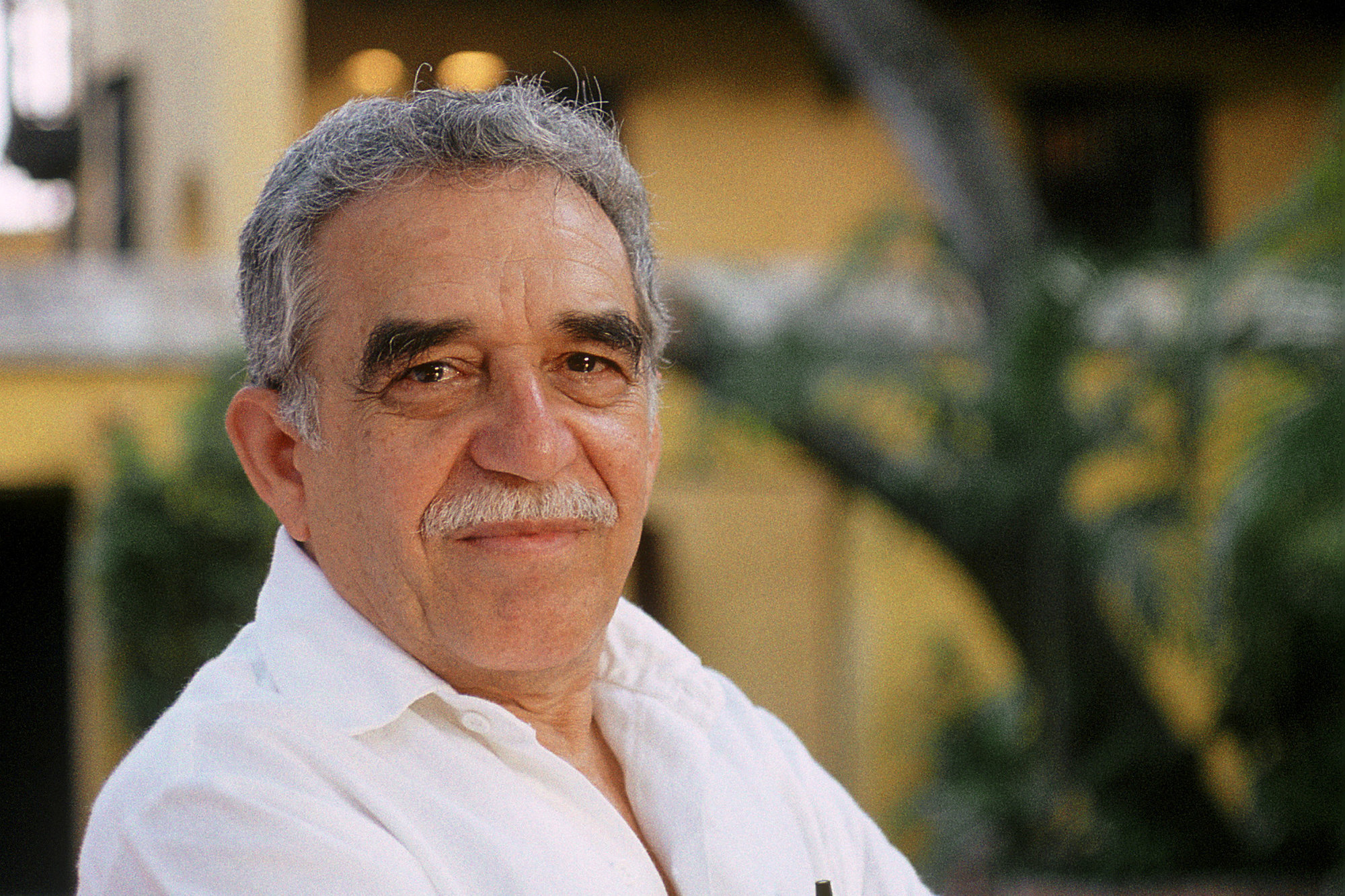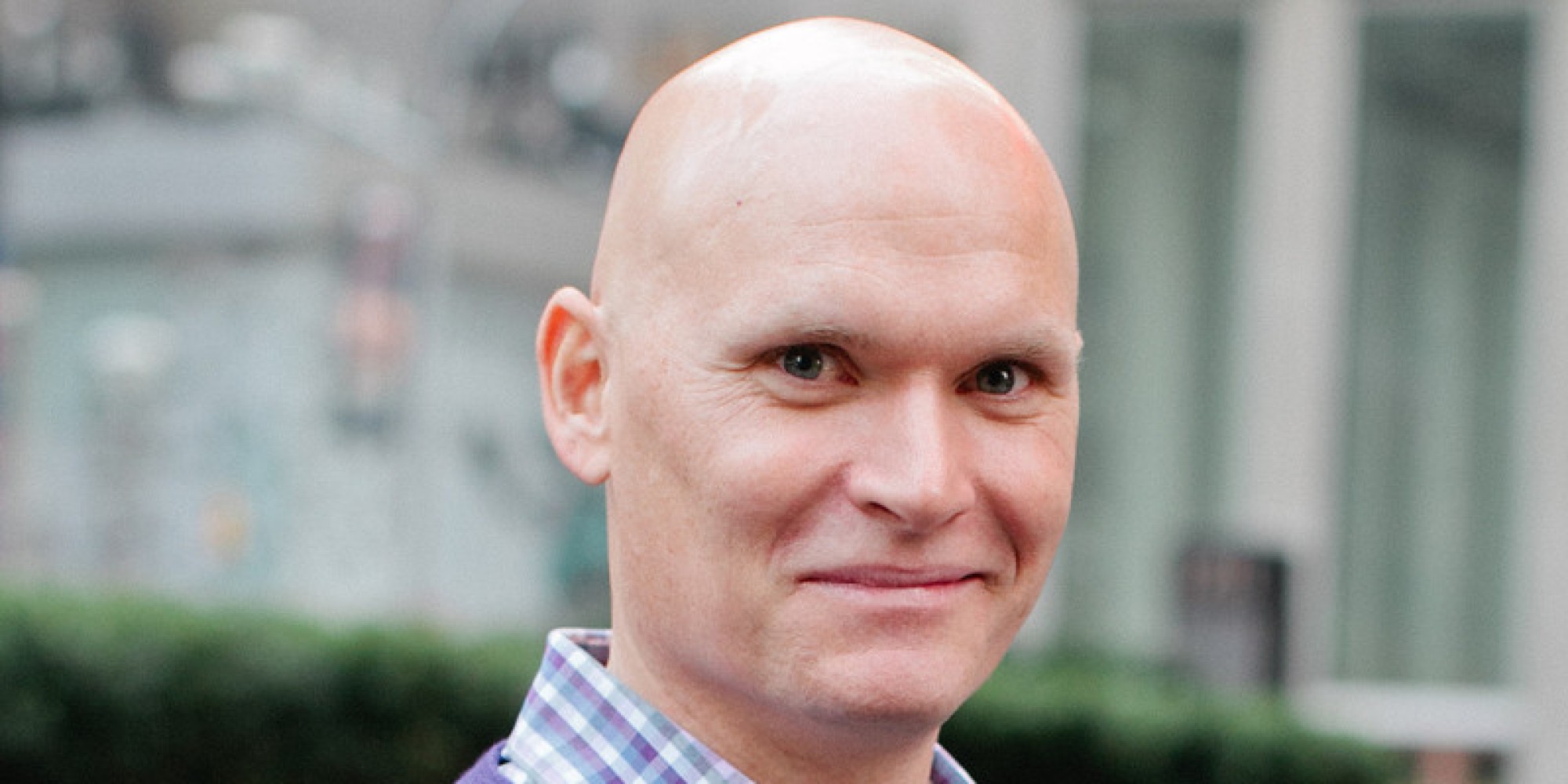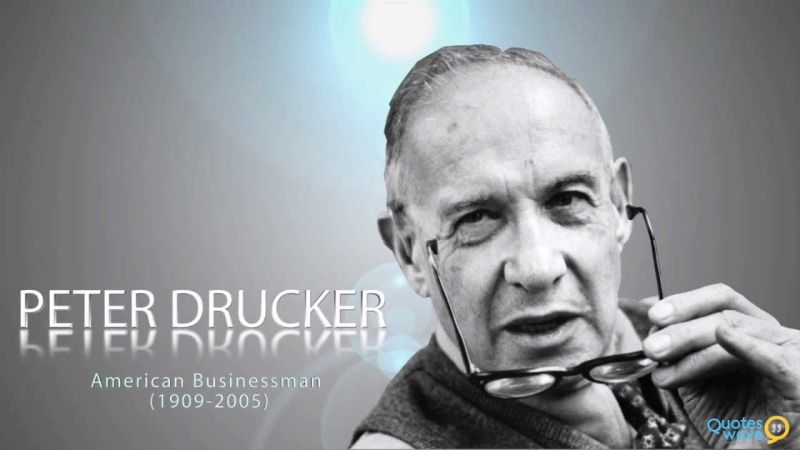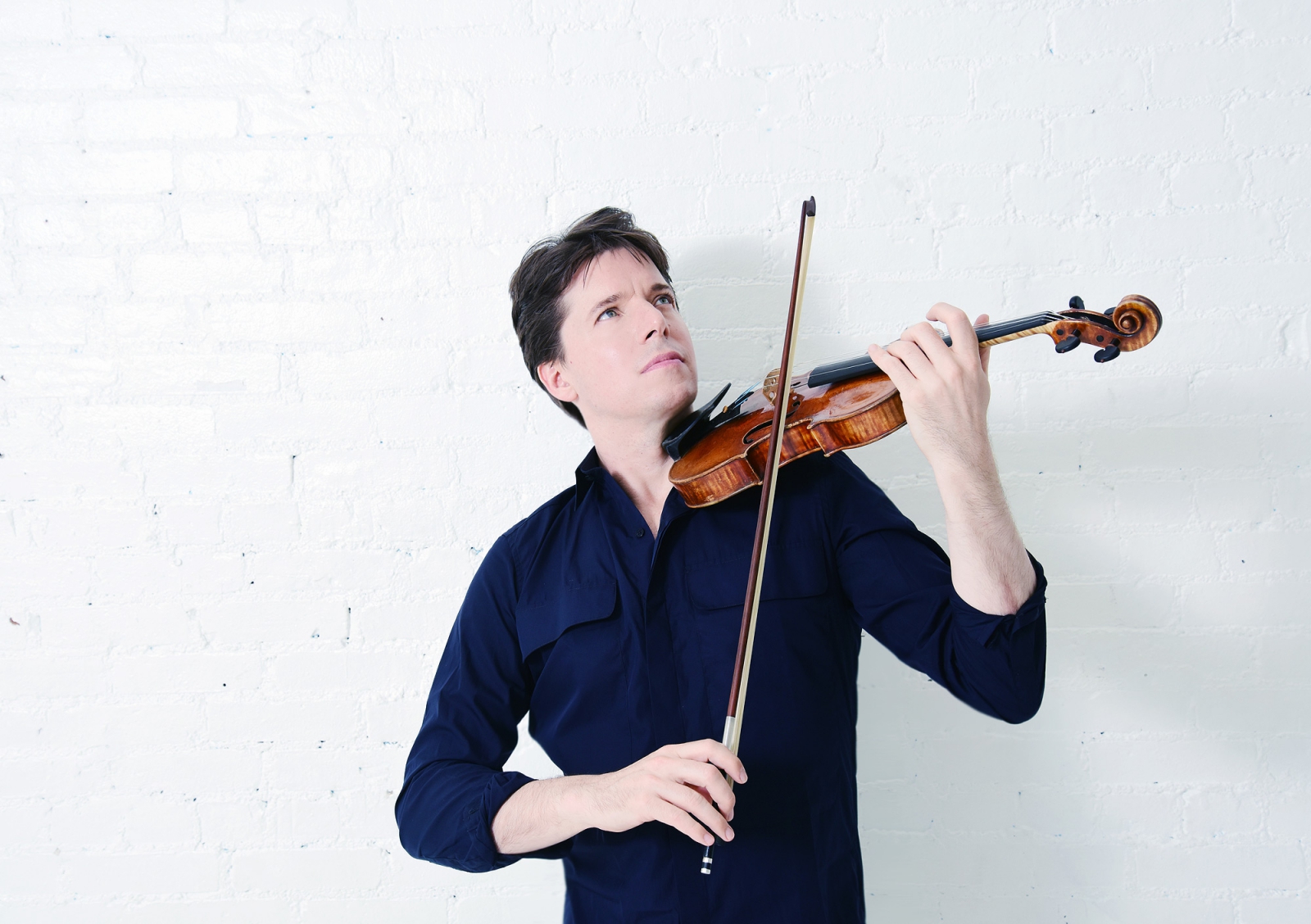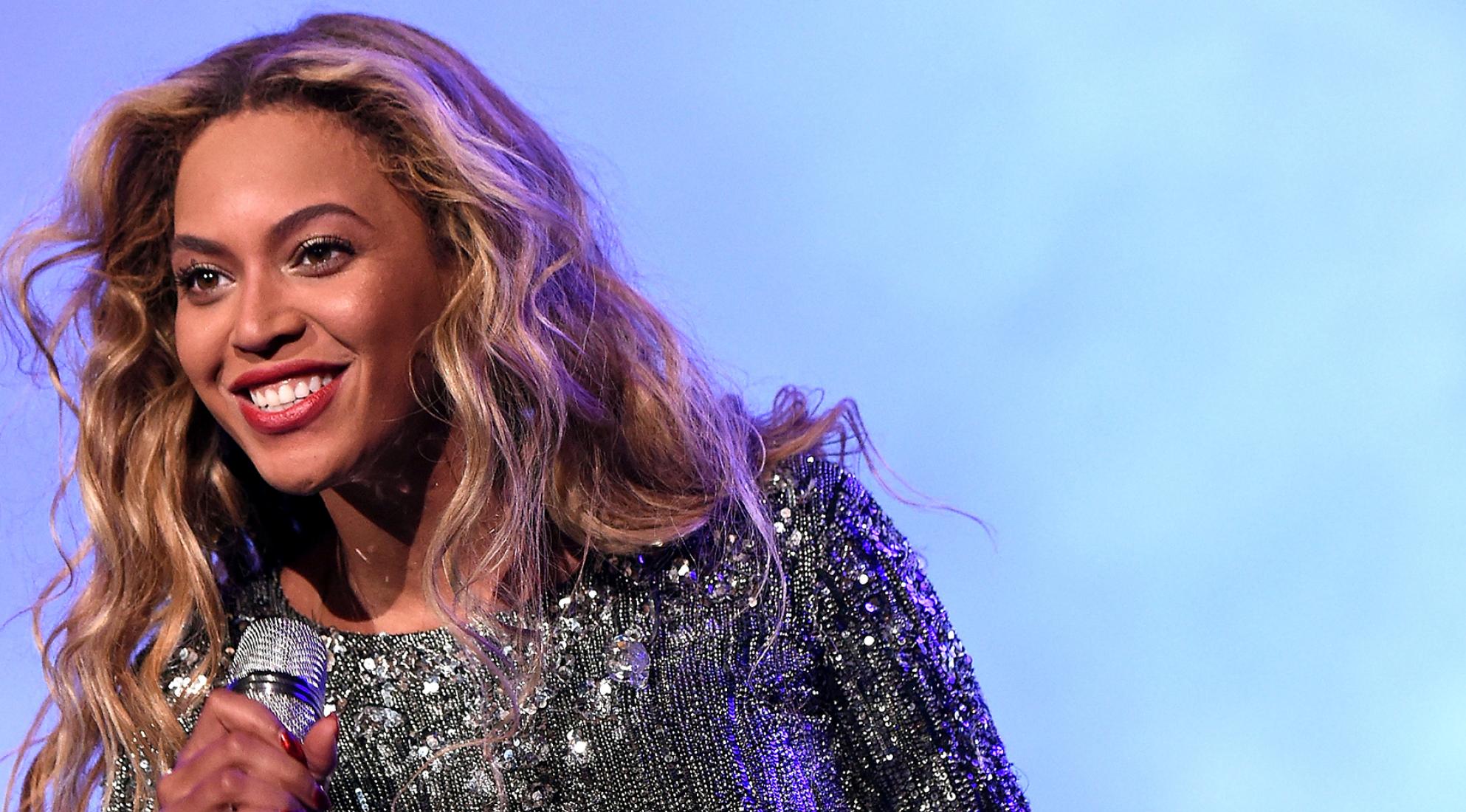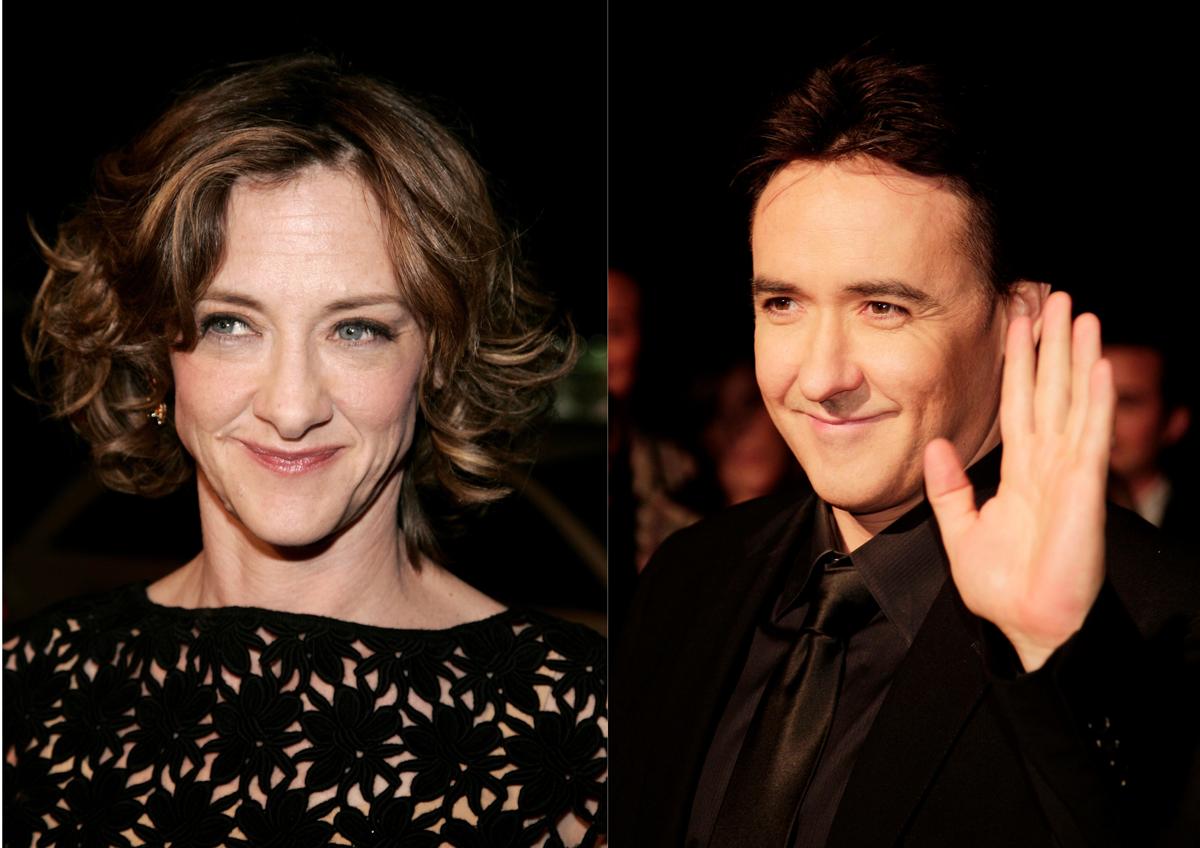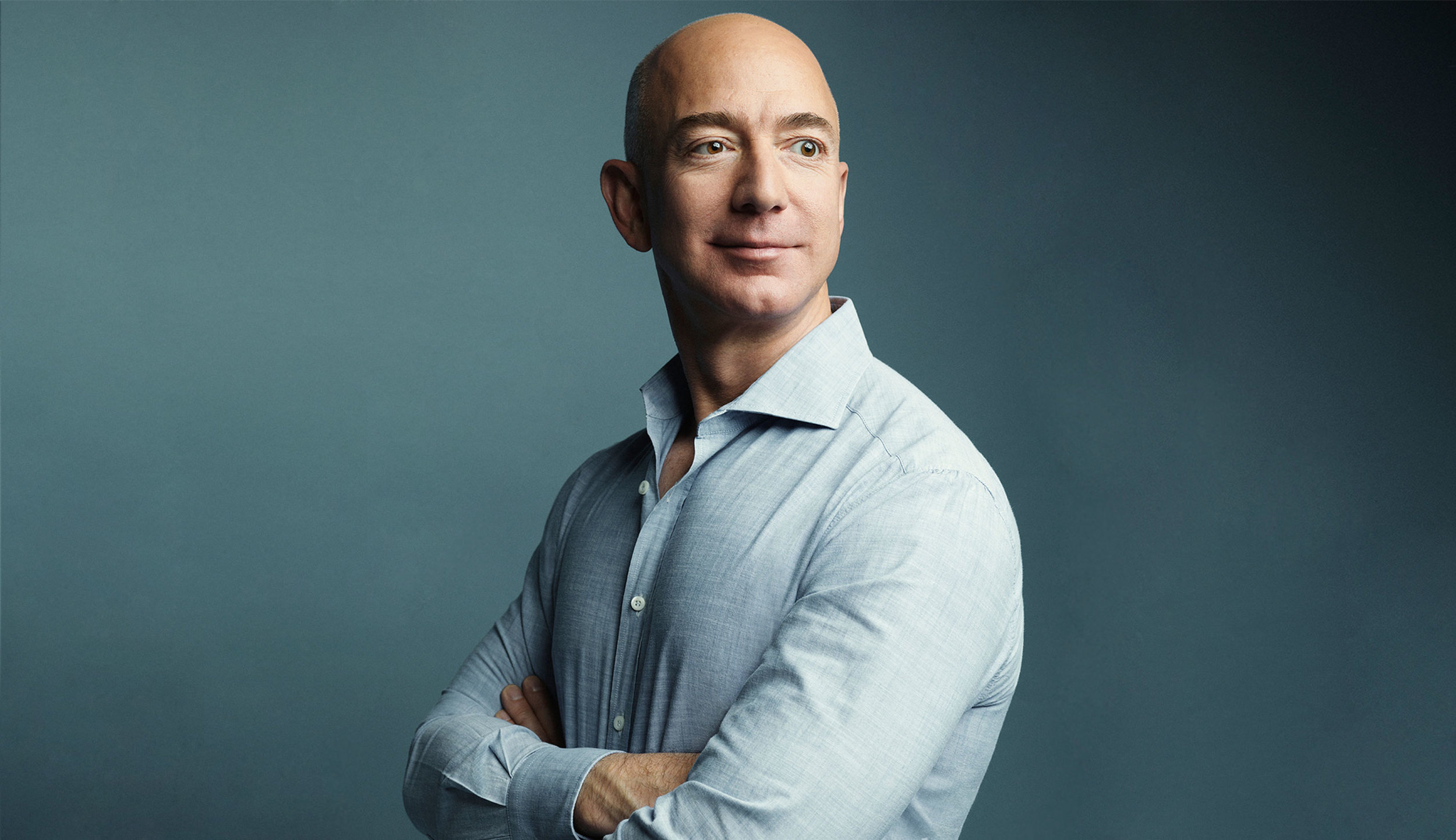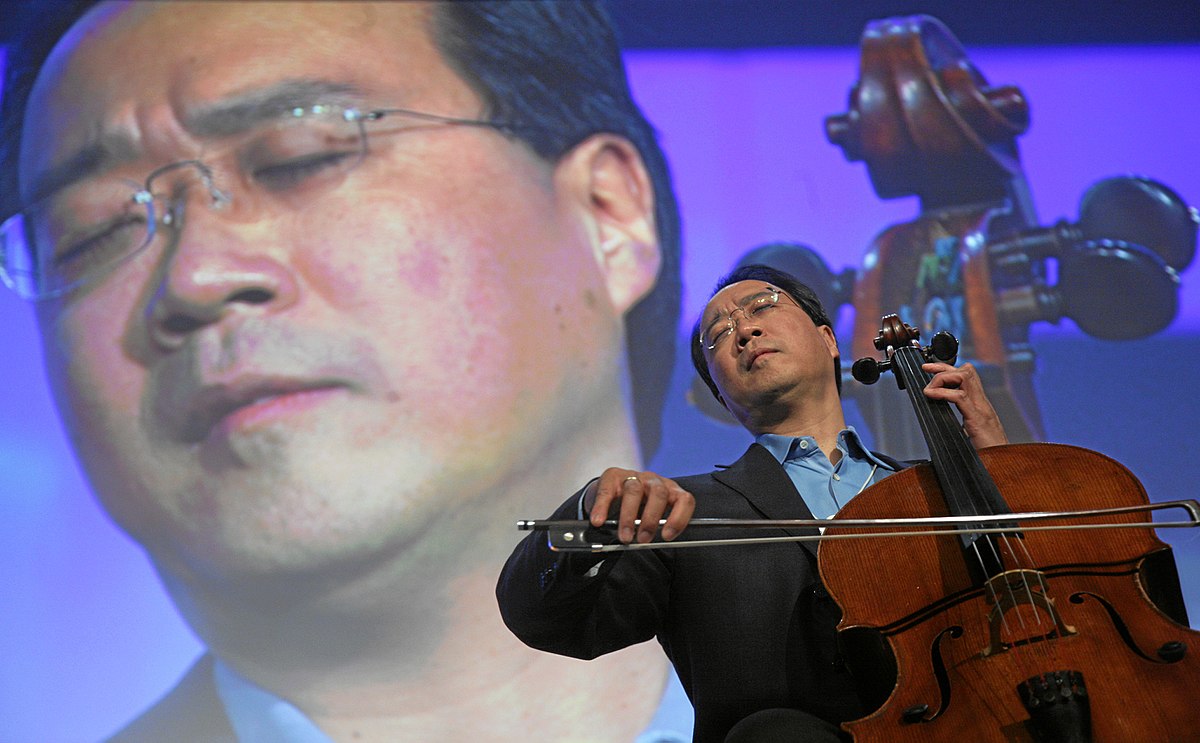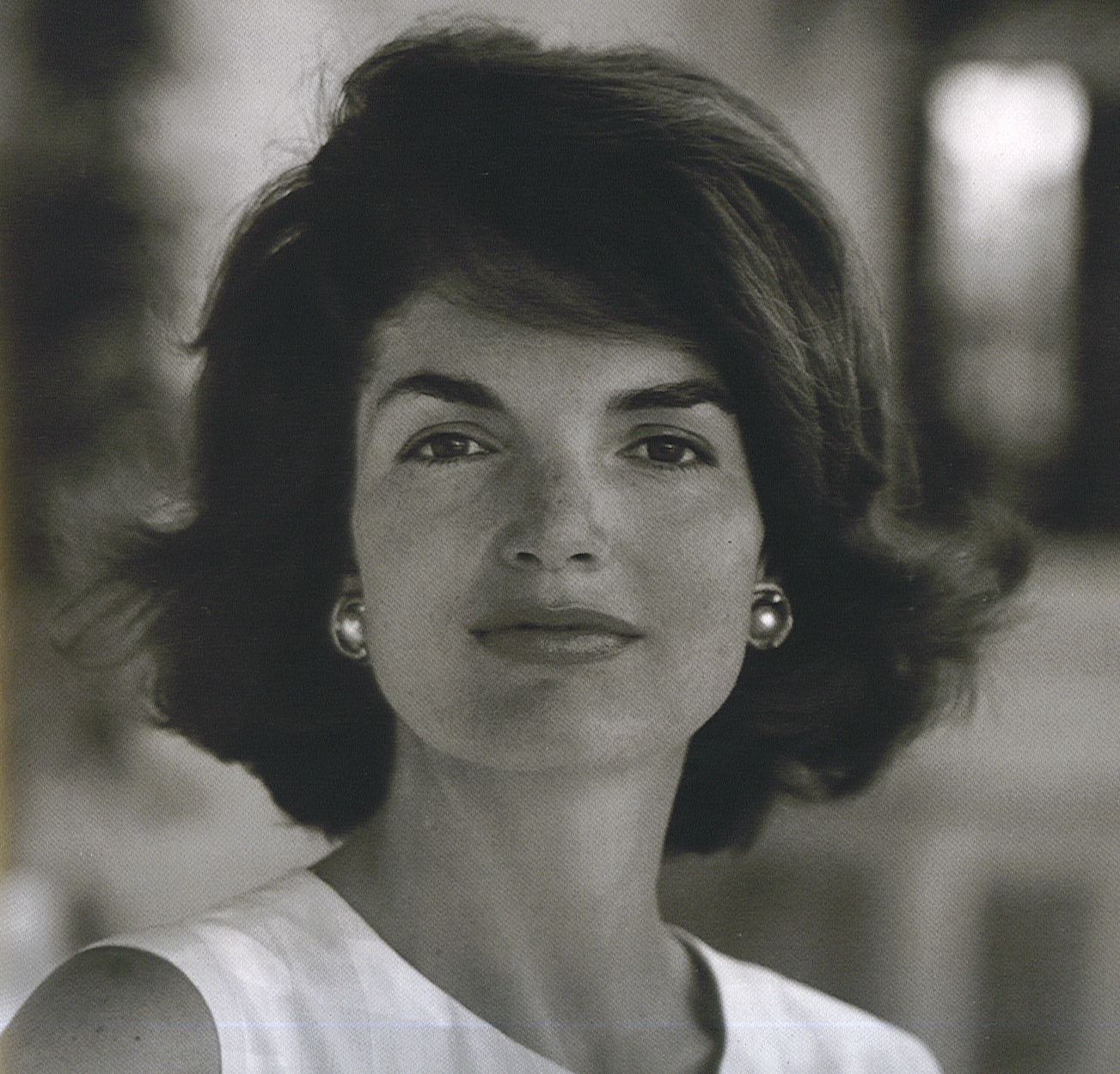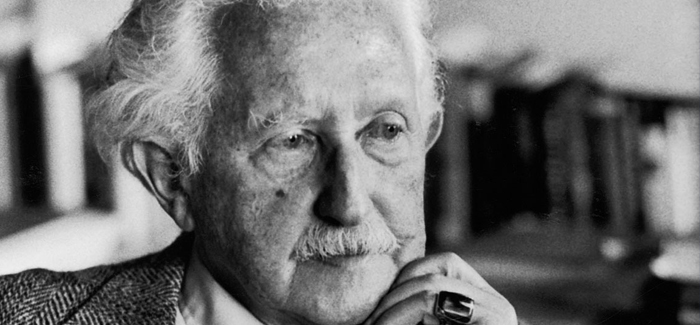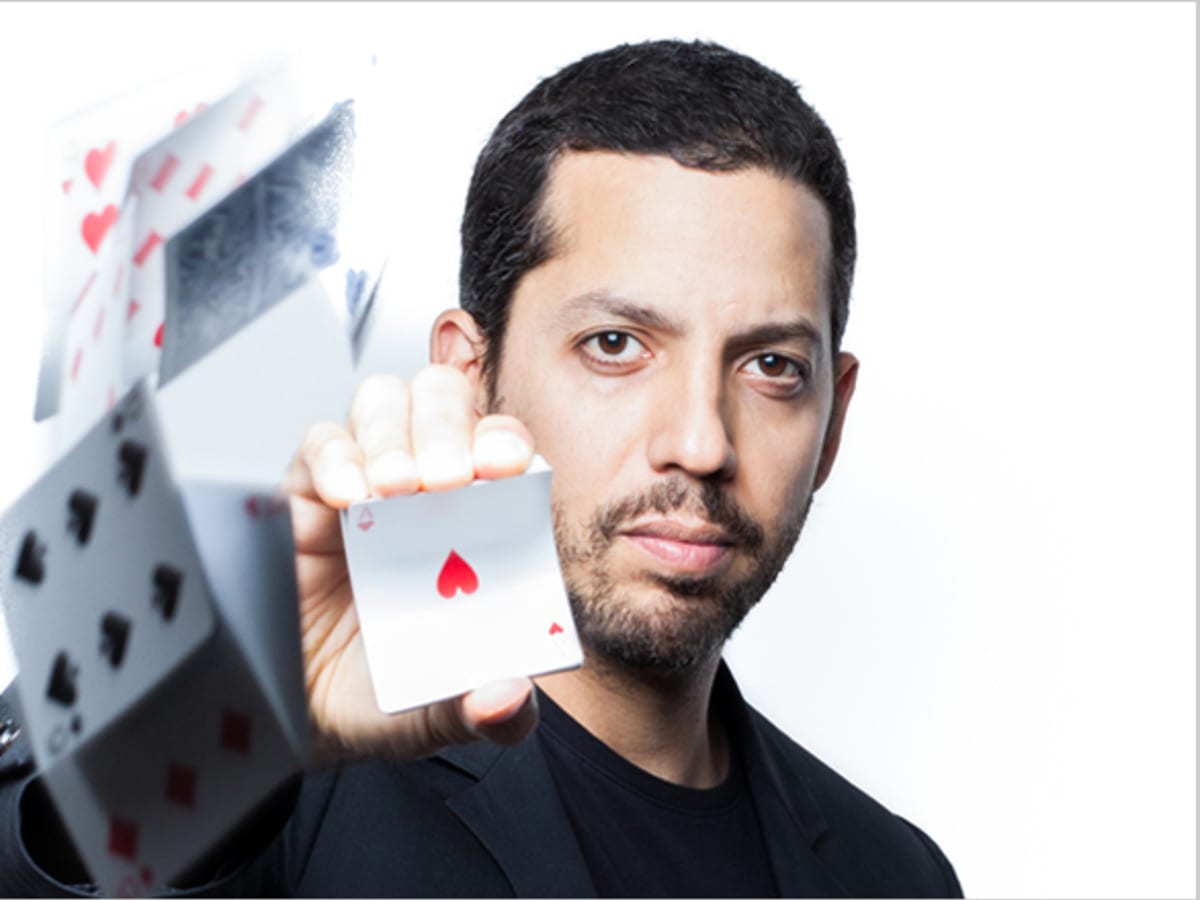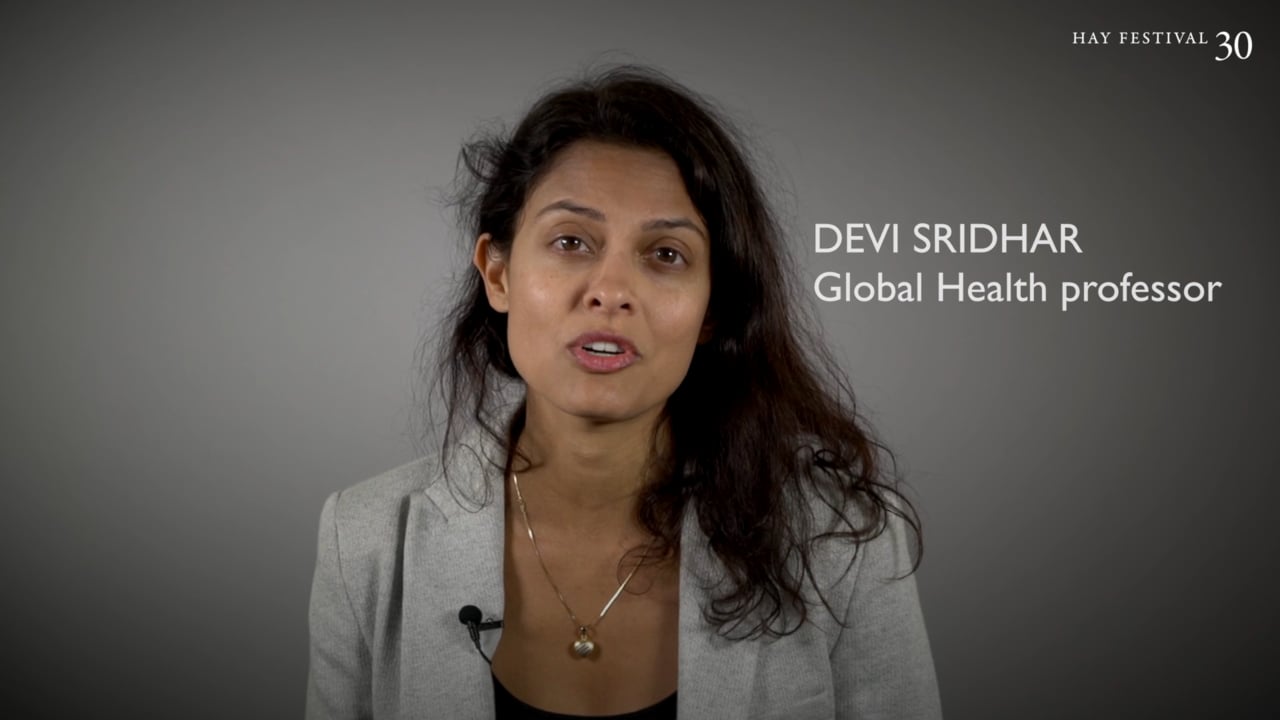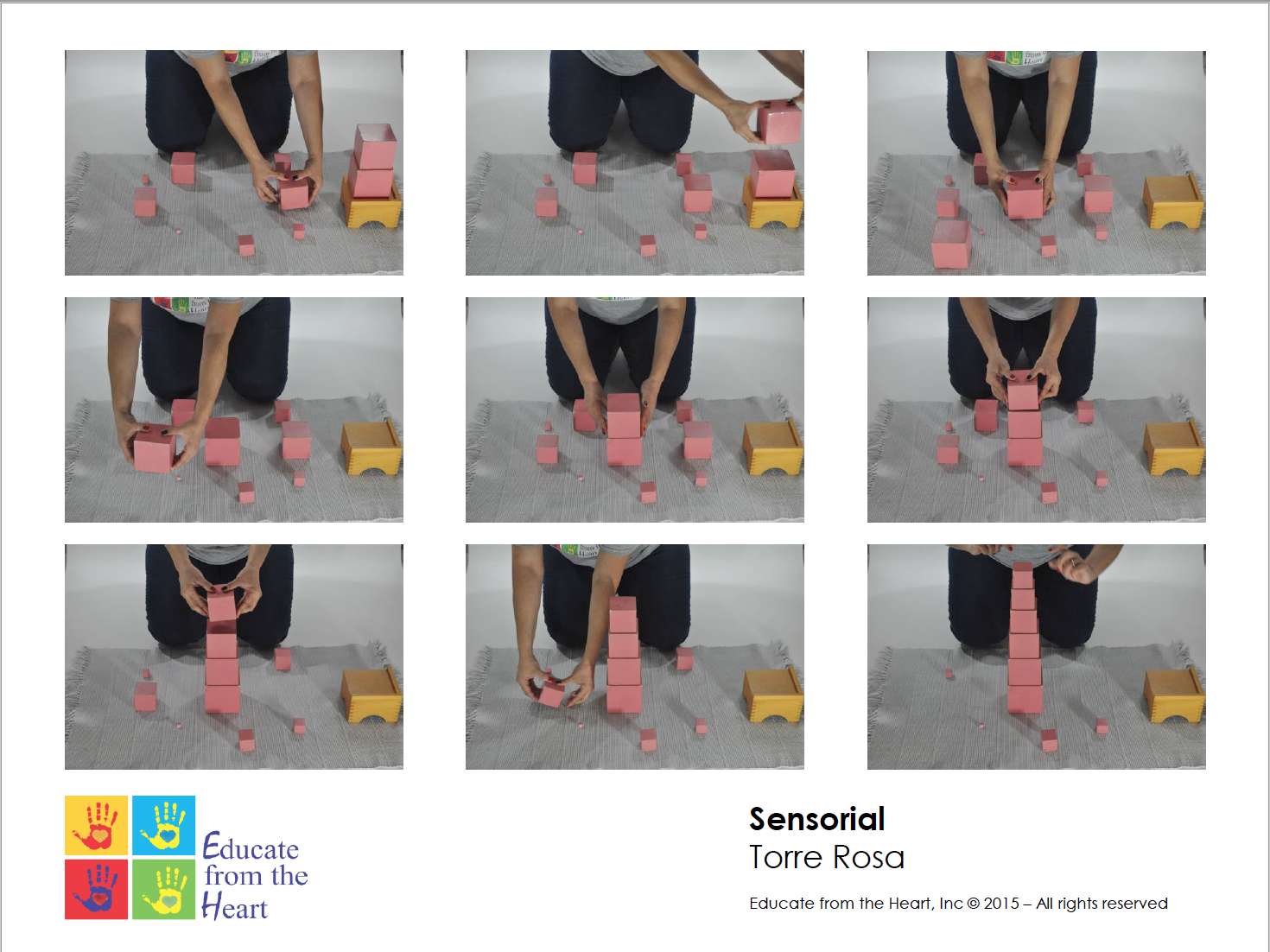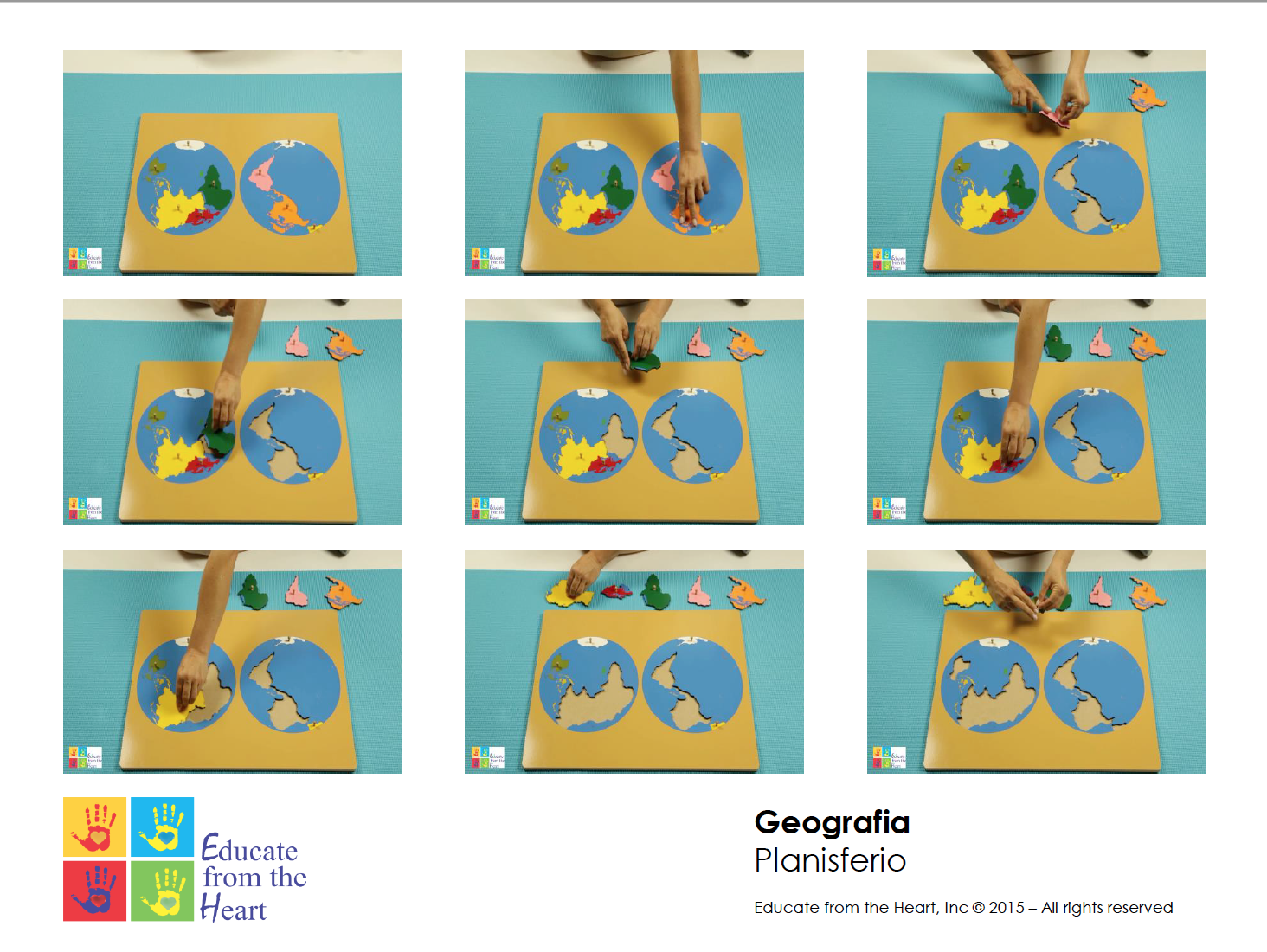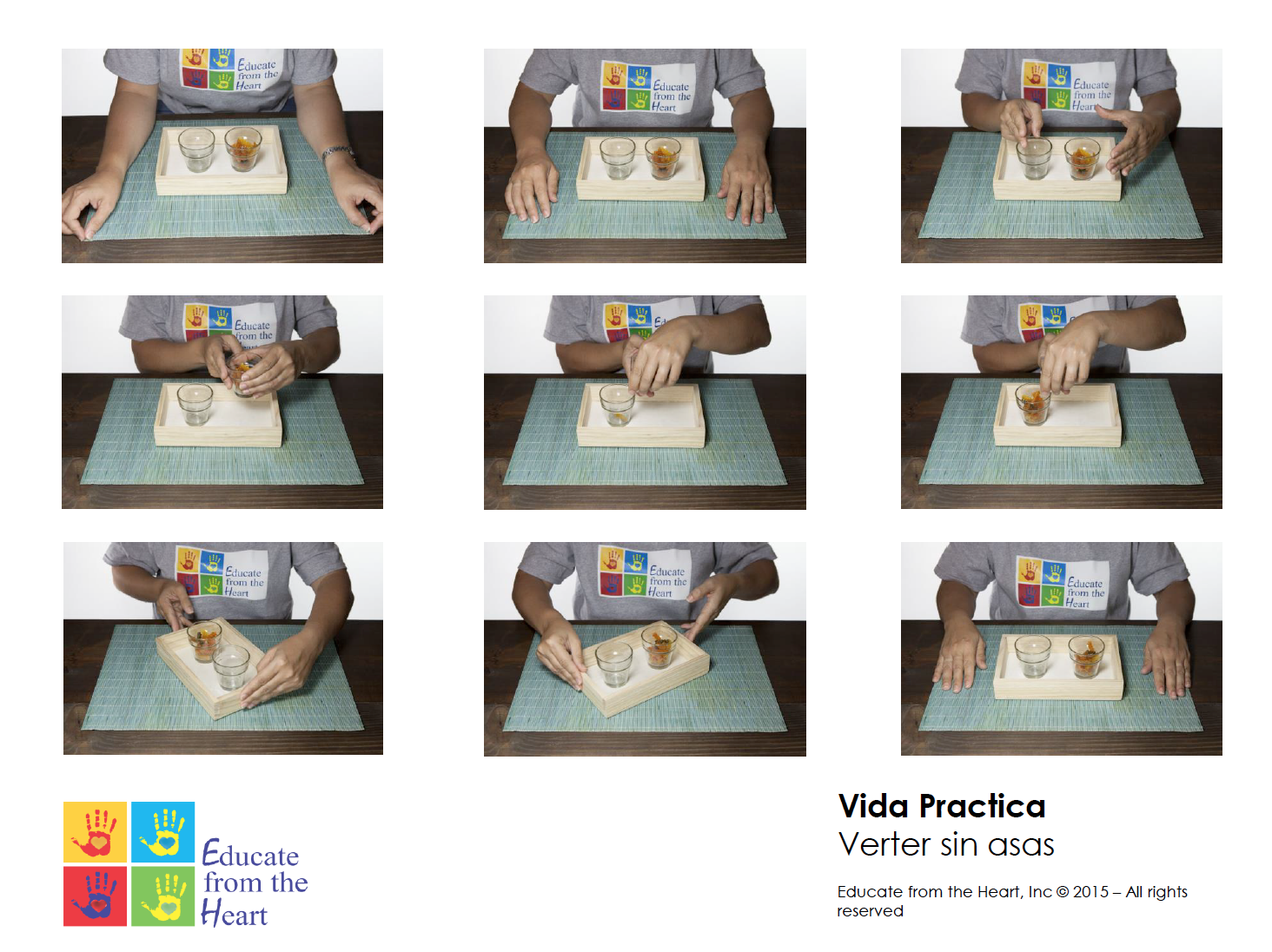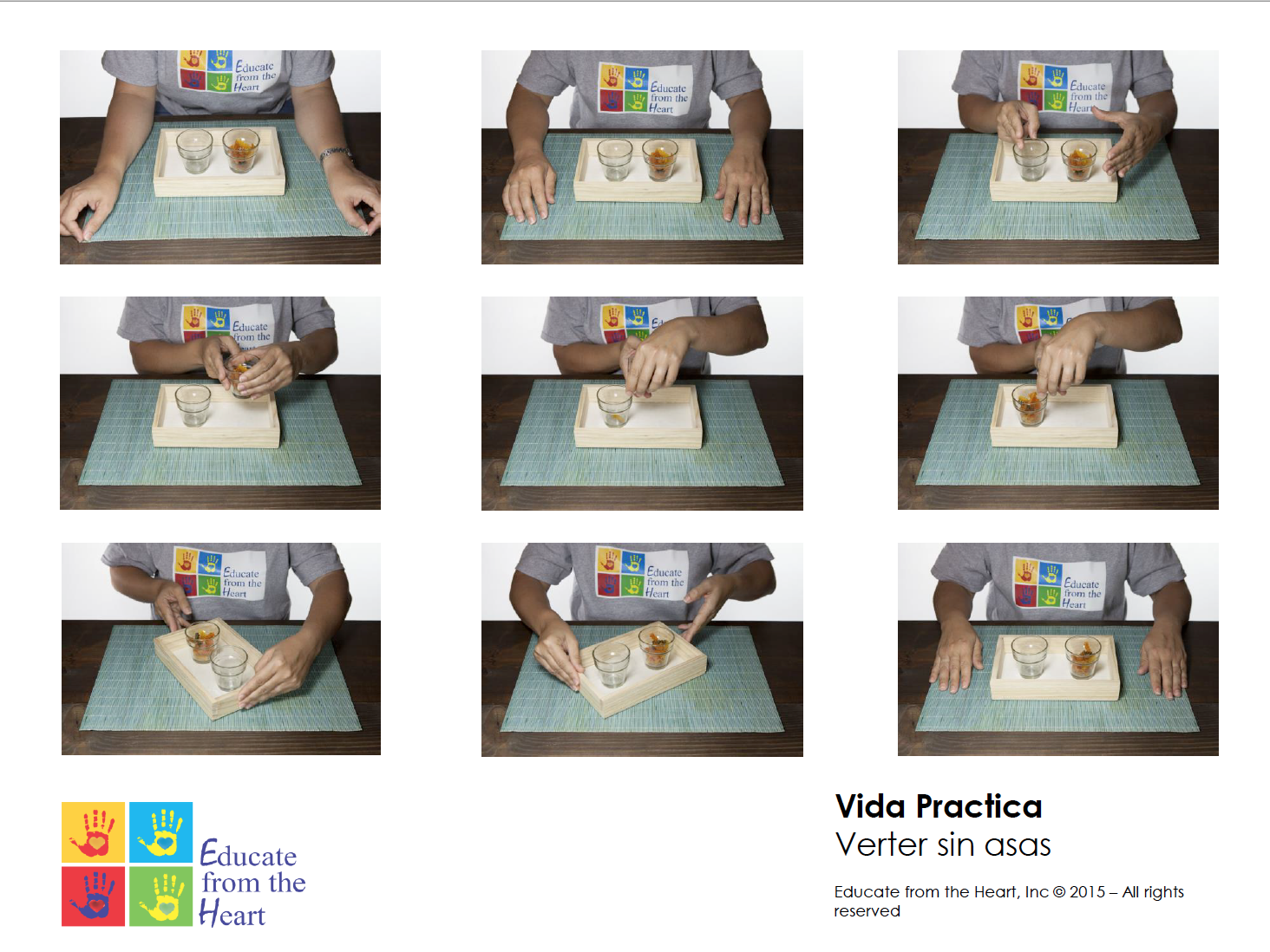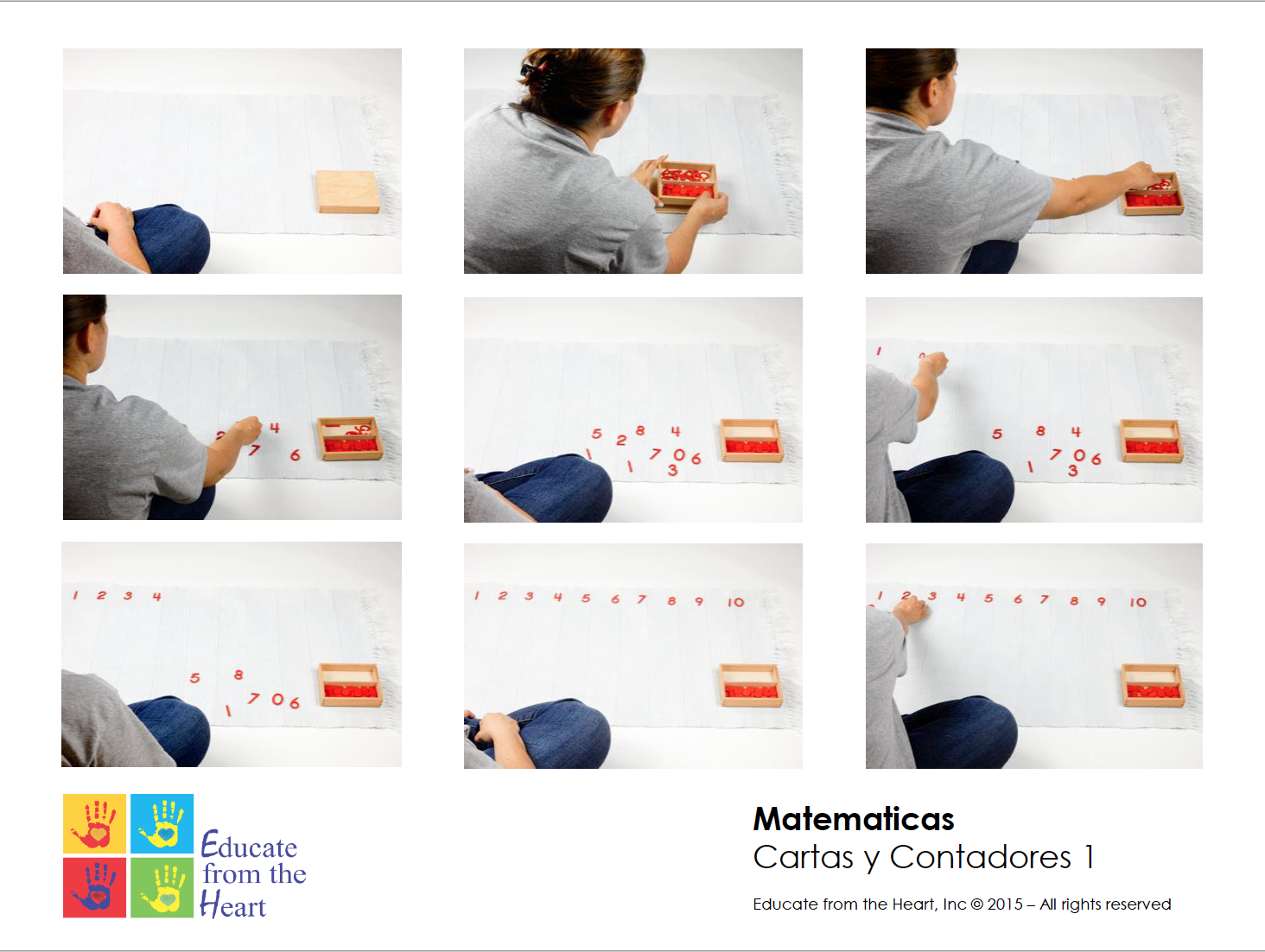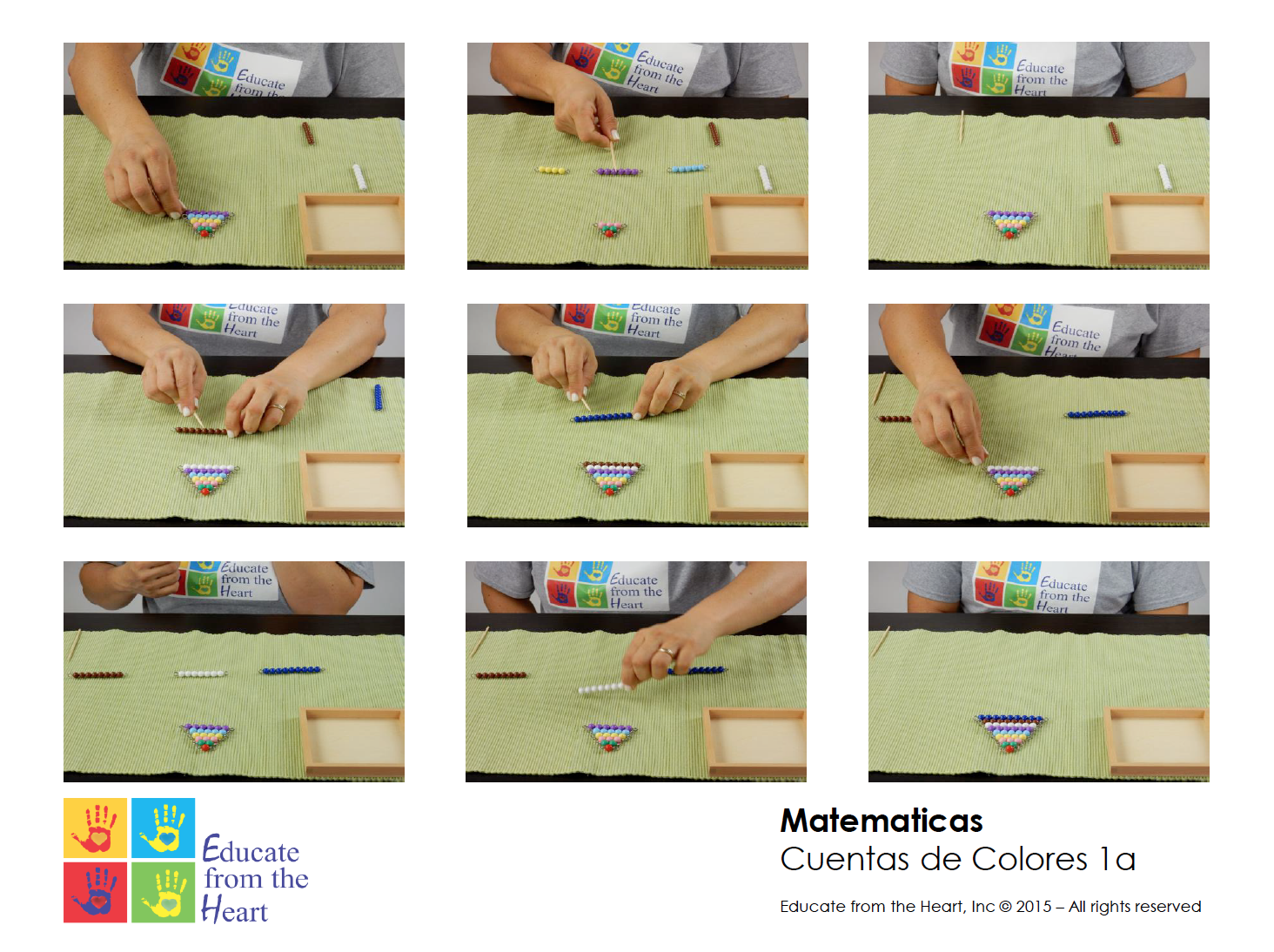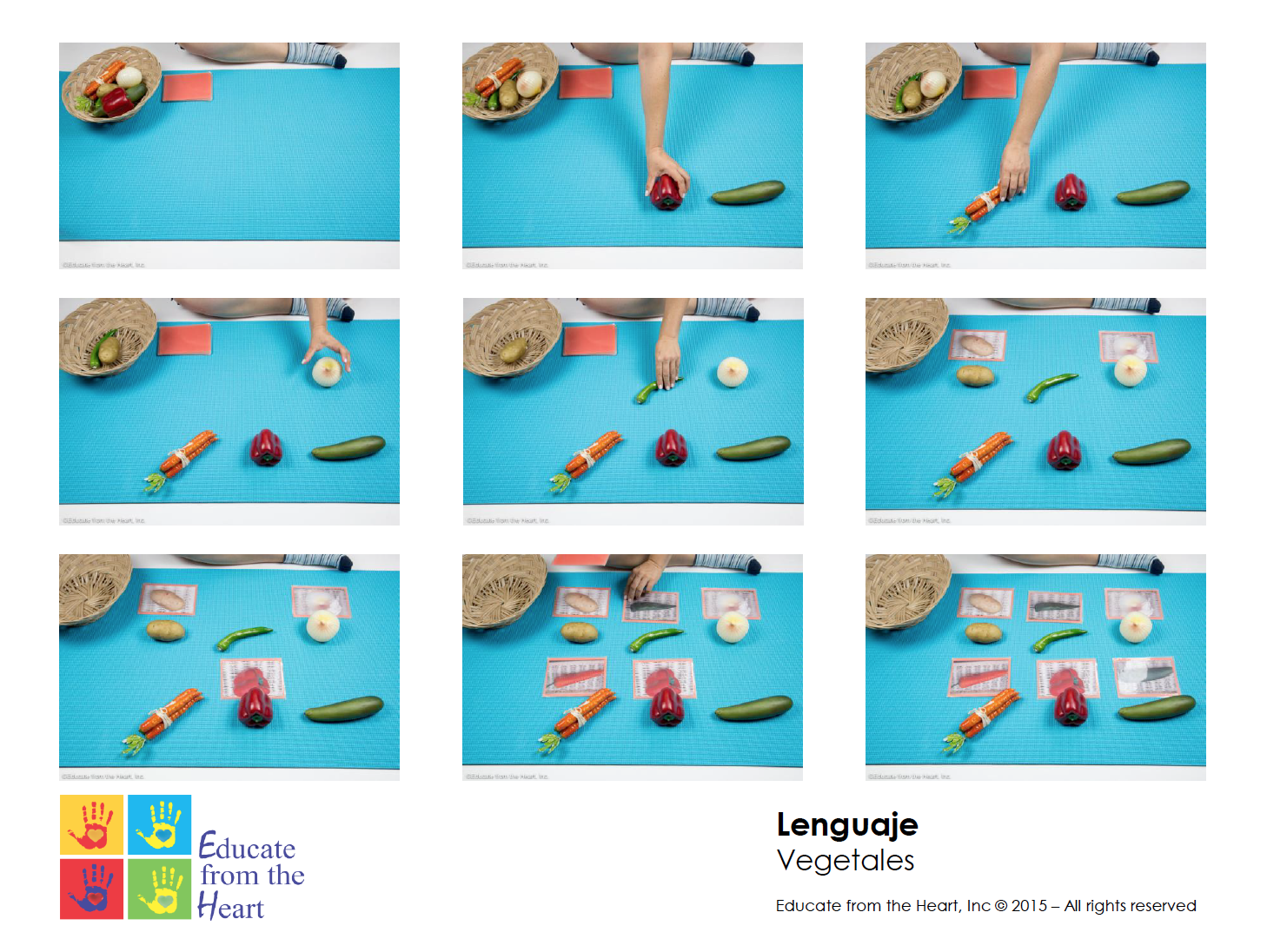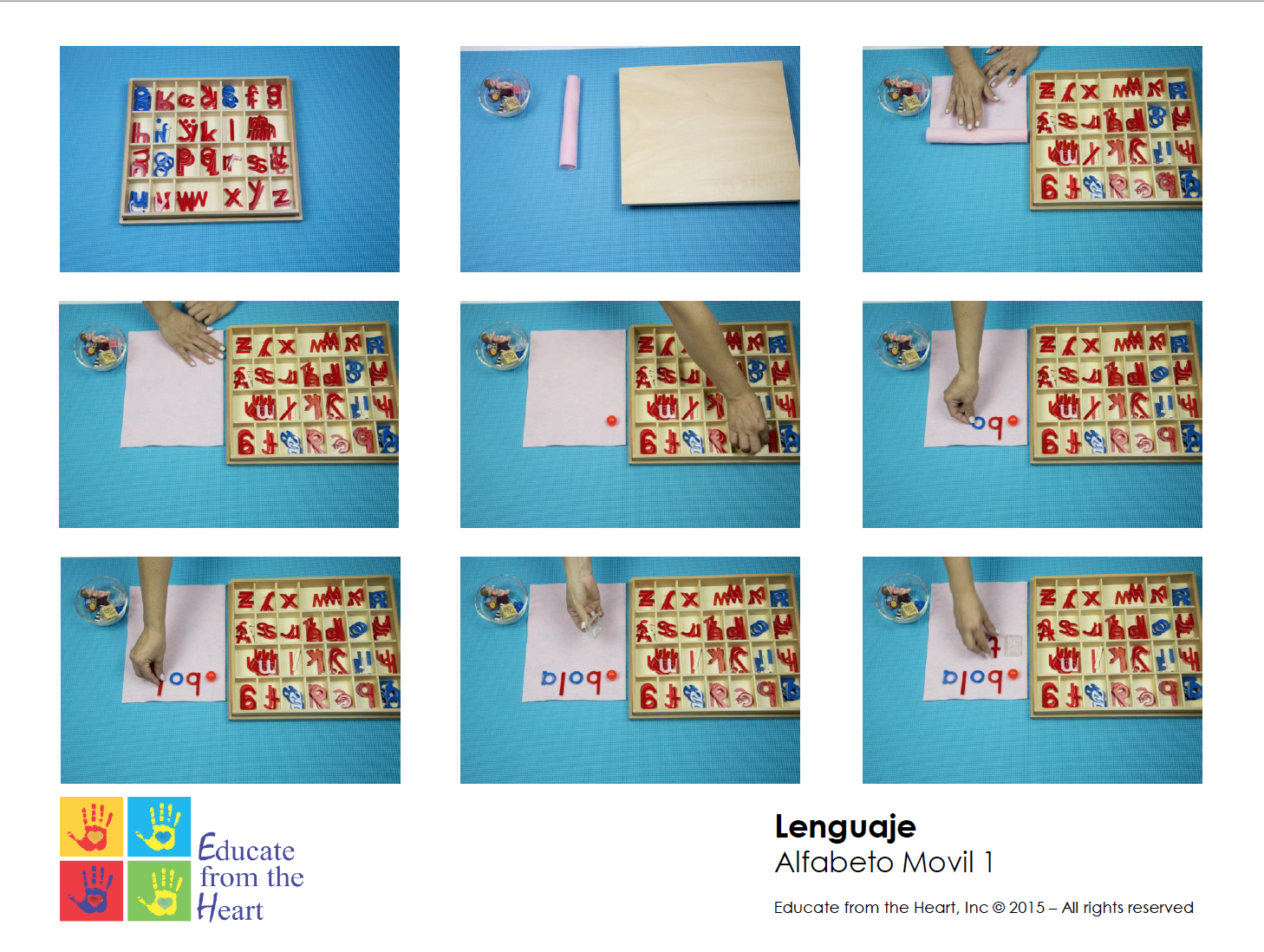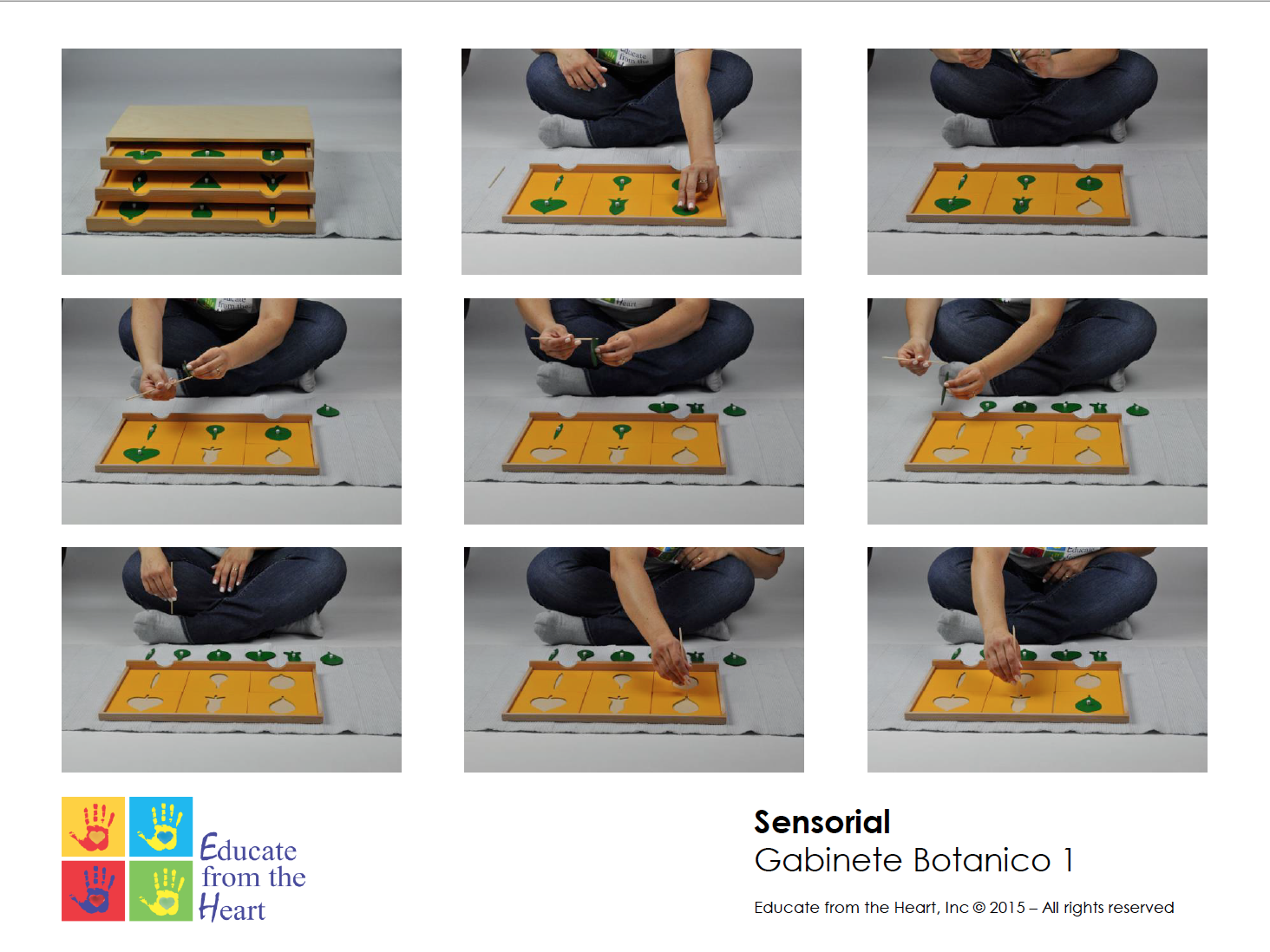Why montessori?
Montessori's Unique Approach to Education.
“You can’t understand Google, unless you know we were Montessori kids”
Montessori is a methodology created by Maria Montessori, an Italian physician, innovator and educator. Her incredible vision and experience working and observing children led her to develop an unique educational approach that nurtures a child’s intrinsic desire to learn. Montessori focuses on the whole child—his cognitive, social, emotional, and physical development, as opposed to traditional teaching that focuses exclusively on pushing the child through an academic curriculum, without regards to his or her integral developmental pace, needs and interests.
Dr. Montessori designed unique materials for each area of development, carefully engineered to allow the child to become interested in each lesson, interact with the material, and discover for himself the learning objective, as well as understand by himself and without any external input if there was any error in his work. The Montessori prepared environment presents the materials in sequential ways, allows teachers to be observers, and students to be explorers and discover by themselves everything there is to unveil in each lesson. The child becomes engaged in the learning experience, because the lessons are fun, interesting, intriguing and interactive.
In the child's Montessori experience, he is able to mature at all levels, become independent, question the world, enjoy exploring, understand his place and responsibility in our own sustainability and engage in mindful consciousness and peace building practices, all of which allows a Montessori child to develop neurologically, physically, academically, socially, emotionally, into a thriving adult.
Famous Montessori Alumni
“Montessori was the imagination amplifier that prepared me for creating The Sims, Sim City, Spore and Super Mario Brothers.”
Our Training Program: A cutting edge blended model of online education and in-person practices at local communities.
Traditionally, Montessori training programs require hours of in-person attendance to accredited Montessori training centers, the vast majority of them located in developed countries. After months of in-person training, trainees need to teach in schools where they are supervised by certified Montessori teachers.
This fact, which has allowed for maintaining in most cases, a good quality of Montessori training, under accepted standards, has also restricted access to passionate teachers in low-income rural areas in developing countries to getting trained as Montessori guides.
We designed a modular training in Spanish with high standards, that includes online course education in our proprietary platform that include meditations, pre-recorded videos, lesson by lesson explanatory material in writing and with lesson cards, transformational readings, and inspirational exercises, blended with guided live virtual coaching sessions using Zoom technology and in-person training weeks at the community centers, where our teacher volunteers travel to spend time at the centers and observe, guide, coach and train the local teachers, as well as provide transformational conferences to teachers, parents and caregivers.
We train each center during two-years, and provide them with a Montessori classroom with new Montessori materials of the best quality. We keep in touch with the centers and provide any required support if it is needed after our two-year intervention.
With time, we dream of having our trained teachers support one another, and create a network of communities that can learn in partnership and share together in regional conference events that we will coordinate for continuous training and education.
“To me, what matters is how people learn, not what they know, I learned this from the Montessori method, learning by doing, once again became my stock in trade”
“Montessori education gave me the desire to kiss literature, I do not believe there is a method better than Montessori for making children sensitive to the beauties of the world and awakening their curiosity regarding the secrets of life.”
Famous Montessori alumni include: Joshua Bell (Grammy award-winning violinist and subject of a Pulitzer prize winning media story), Jeff Bezos (Amazon's founder), Sergey Brin & Larry Page (Google founders), Julia Child (Celebrity chef & author), Gabriel Garcia Marquez (Literature Nobel Prize Winner), Anne Frank (Memorist & author), Peter Drucker (Best Selling author, Business Management Consultant, Social Ecologist and recipient of the Presidential Medal of Freedom), Katharine Graham (Pulitzer prize winning author and former owner and editor of the Washington Post), David Blaine (Illusionist & Magician), T. Berry Brazelton (Pediatrician, Child psychiatrist, author and Harvard Medical School professor emeritus), Helen Keller (Political activist, author, lecturer, awarded the presidential medal of freedom, one of gallup’s most widely admired people of the 20th century), Yo Yo Ma (United nations Peace Ambassador, winner of 15 Grammy Awards, Presidential Medal of Freedom & National Medal of the Arts), Jacqueline Kennedy Onassis (Former first lady and doubleday editor), HM Queen Noor of Jordan (U.N. Advisor, humanitarian activist, memoirist and wife of the late king hussein of Jordan), Devi Sridhar (Youngest-ever American Rhodes scholar, author, oxford research fellow, oxford lecturer on global health politics), Will Wright (Video game pioneer, creator of the Sims), Taylor Swift (Grammy Award-winning singer/songwriter, Beyonce Knowles (Singer, songwriter, actress and fashion designer,16-time Grammy award-winner),Helen Hunt (Academy award-winning actor, George Clooney (Academy award-winning actor, director, producer, humanitarian, United nations messenger of peace), Anthony Doerr (Author), Erik Erikson (Psychologist & author), Dakota Fanning (Actor), Sean "P Diddy" Combs (Grammy award-winning musician, rap recording artist and ceo of bad boy records), Friedensreich Hundertwasser (Viennese artist & architect), John and Joan Cusack (Actor and screenwriter, and Academy award-nominated actress, respectively)
Our Montessori Curriculum includes:
Educate from the Heart Module: Introduction to our non-profit organization and the learning community that we are creating
Maria Montessori: A Module about Dr. Montessori, her life, the foundations of her methodology and her legacy.
The Montessori Method: An study of the philosophy and the Montessori methodology, what makes it so unique and effective.
Transformational Teaching and Parenting: This module is based on the cutting edge research of our founder, Dr. Rivera, aiming to generate a lasting transformation of the adults that interact with children in each community.
Practical Life. Foundation, theory and practical lessons of this area that is fundamental and enriching to children of any age to develop their independence and future skills.
Sensorial. Foundation, theory and practical lessons of the sensorial area, which has been proven by leading neuroscientists such as Dr. Steve Hughes
Language. Foundation, theory and practical lessons of how Montessori approaches the development of oral and written language.
Mathematics. Foundation, theory and practical lessons of the unique way in which the Montessori method presents math to children.
Geography. Foundation, theory and practical lessons on this area.
Science. Foundation, theory and practical lessons on this area.
Education for Peace. Foundation, theory and practical lessons of this area that deserved Dr. Montessori to be twice nominated to the Nobel Peace Price
Scientific research reports the importance of investing in the early years of childhood
According to The Center for the Development of the Child at Harvard University, there are 90% to 100% of chances of developmental delays if the child suffers malnutrition, lack of appropriate care and learning stimuli, abuse, single parent care, parental mental illness or any kind of significant adversity.
In the same study by Harvard University, there is a 3:1 chance of severe adult health issues in children that undergo significant adversity in their early years.
The Center for the Development of the Child places establishes a return on investment between $4 and $9 for every dollar invested in the early yeas of childhood
Download the research paper: Five Numbers to Remember about Early Childhood Development, by Harvard University.
By creating and implementing effective early childhood programs and policies, society can ensure that children have a solid foundation for a productive future. Early Childhood Program Effectiveness Research by Harvard University
Read some scientific research about Montessori methodology and its effectiveness.
Andrews, S.W. The Social Relevance of Montessori in the First Plane. NAMTA Journal, v40 n2 p31-61 Spr 2015
Cossentino, J., Brown, K. What’s Going on in This (Developmental) Classroom?. DERS Working Paper #1. National Center for Montessori in the Public Sector.
Cunningham, J. From Cosmic Education to Civic Responsibility. NAMTA Journal, v42 n3 p19-28 Sum 2017
Gurian, M., Stevens, K. With Boys and Girls in Mind. NAMTA Bulletin, May 2012.
Flores, L. Education doesn't need to be reformed, it needs to be transformed. Huffington Post.
Flores, M. Education for the 21st Century Economy.
Laski, E.V, Vasilyeva, M., Schiffman J. Longitudinal Comparison of Montessori versus Non-Montessori Students’ Place-Value and Arithmetic Knowledge. Journal of Montessori Research. Vol2, No. 1, 2016.
Lillard, A. Preschool children's development in classic Montessori, supplemented Montessori, and conventional programs: Journal of School Psychology: V.50, Issue 3, June 2012, P. 379-401
McAfee, A. Montessori Builds Innovators. Harvard Business Review. July 25, 2011.
Marshall, C. Montessori education: a review of the evidence base. npj Science of Learning. Vol. 2, Article number: 11 (2017)
Zoll, S. The Montessori Experiment in Rhode Island (1913-1940): Tracing Theory to Implementation over Twenty-Five Years. Journal of Montessori Research. Vol 3. No. 2, 2017.

